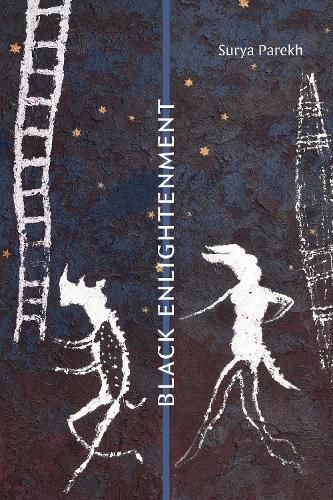Readings Newsletter
Become a Readings Member to make your shopping experience even easier.
Sign in or sign up for free!
You’re not far away from qualifying for FREE standard shipping within Australia
You’ve qualified for FREE standard shipping within Australia
The cart is loading…






In Black Enlightenment Surya Parekh reimagines the Enlightenment from the position of the Black subject. Parekh examines the work of such Black writers as the free Jamaican Francis Williams (1697-1762), Afro-British thinker Ignatius Sancho (ca. 1729-1780), and Afro-American poet Phillis Wheatley (ca. 1753-1784) alongside that of their white European contemporaries David Hume (1711-1776) and Immanuel Kant (1724-1804). By rethinking the Enlightenment and its canons, Parekh complicates common understandings of the Enlightenment wherein Black subjects could only exist in negation to white subjects. Black Enlightenment points to the anxiety of race in Kant, Hume, and others while at the same time showing the importance of Black Enlightenment thought. Parekh prompts us to consider the timeliness of reading Black Enlightenment authors who become "free" in a society hostile to that freedom.
$9.00 standard shipping within Australia
FREE standard shipping within Australia for orders over $100.00
Express & International shipping calculated at checkout
In Black Enlightenment Surya Parekh reimagines the Enlightenment from the position of the Black subject. Parekh examines the work of such Black writers as the free Jamaican Francis Williams (1697-1762), Afro-British thinker Ignatius Sancho (ca. 1729-1780), and Afro-American poet Phillis Wheatley (ca. 1753-1784) alongside that of their white European contemporaries David Hume (1711-1776) and Immanuel Kant (1724-1804). By rethinking the Enlightenment and its canons, Parekh complicates common understandings of the Enlightenment wherein Black subjects could only exist in negation to white subjects. Black Enlightenment points to the anxiety of race in Kant, Hume, and others while at the same time showing the importance of Black Enlightenment thought. Parekh prompts us to consider the timeliness of reading Black Enlightenment authors who become "free" in a society hostile to that freedom.